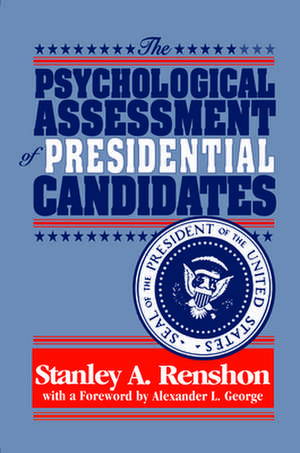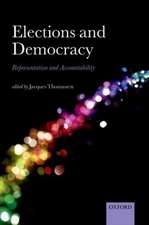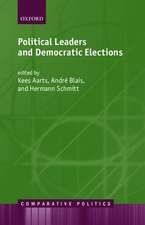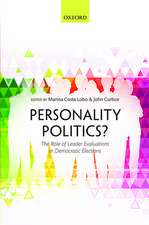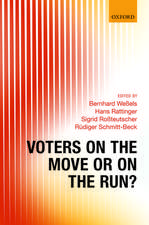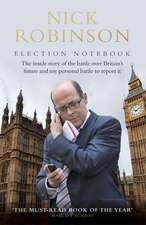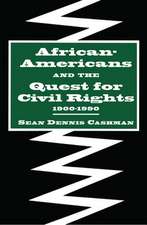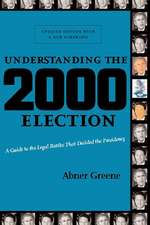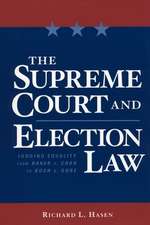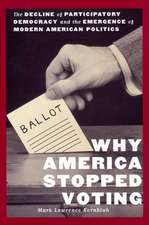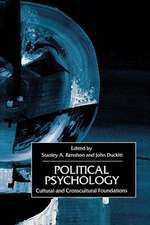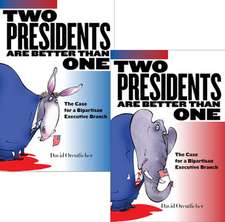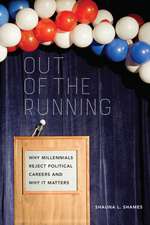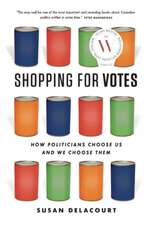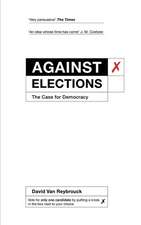The Psychological Assessment of Presidential Candidates
Autor Stanley A Renshonen Limba Engleză Hardback – 30 apr 1996
Preț: 536.99 lei
Preț vechi: 697.39 lei
-23% Nou
Puncte Express: 805
Preț estimativ în valută:
102.75€ • 107.57$ • 85.02£
102.75€ • 107.57$ • 85.02£
Carte tipărită la comandă
Livrare economică 05-19 aprilie
Preluare comenzi: 021 569.72.76
Specificații
ISBN-13: 9780814774694
ISBN-10: 0814774695
Pagini: 530
Dimensiuni: 152 x 229 x 15 mm
Greutate: 0.84 kg
Ediția:New.
Editura: MI – New York University
ISBN-10: 0814774695
Pagini: 530
Dimensiuni: 152 x 229 x 15 mm
Greutate: 0.84 kg
Ediția:New.
Editura: MI – New York University
Textul de pe ultima copertă
While there is increasing public awareness that the psychology, judgment, and leadership qualities of presidential candidates count, the basis on which these judgments should be made remains unclear. Does it matter that Gary Hart changed his name or had an affair? Should Ed Muskie's loss of composure while defending his wife during a campaign speech, or Thomas Eagleton's hospitalization for depression, have counted against them? Looking back over the past twenty-five years, Stanley A. Renshon, a political scientist and psychoanalyst, provides the first comprehensive accounting of how character has become an increasingly important issue in a presidential campaign. He traces two related but distinctive approaches to the issue of presidential character and psychology. The first concerns the "mental health" of our candidates and presidents. Are they emotionally and personally stable? Is their temperament suitable for the presidency? The second concerns character. Is the candidate honest? Does he possess the necessary judgment and motivation to deal with tremendous responsibilities and pressures of the office? Drawing on his clinical and political science training, Renshon has devised a theory which will allow the public to better evaluate presidential candidates. Why are honesty, integrity, and personal ideals so important in judging candidates? Is personal and political ambition necessarily a bad trait? Do extramarital affairs really matter? Finally, and most importantly, how can the public tell whether a candidate's leadership will be enhanced or impeded by aspects of his personality?
